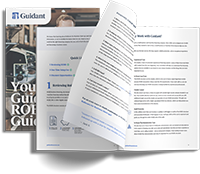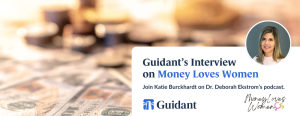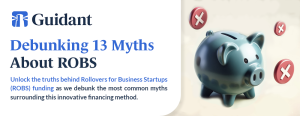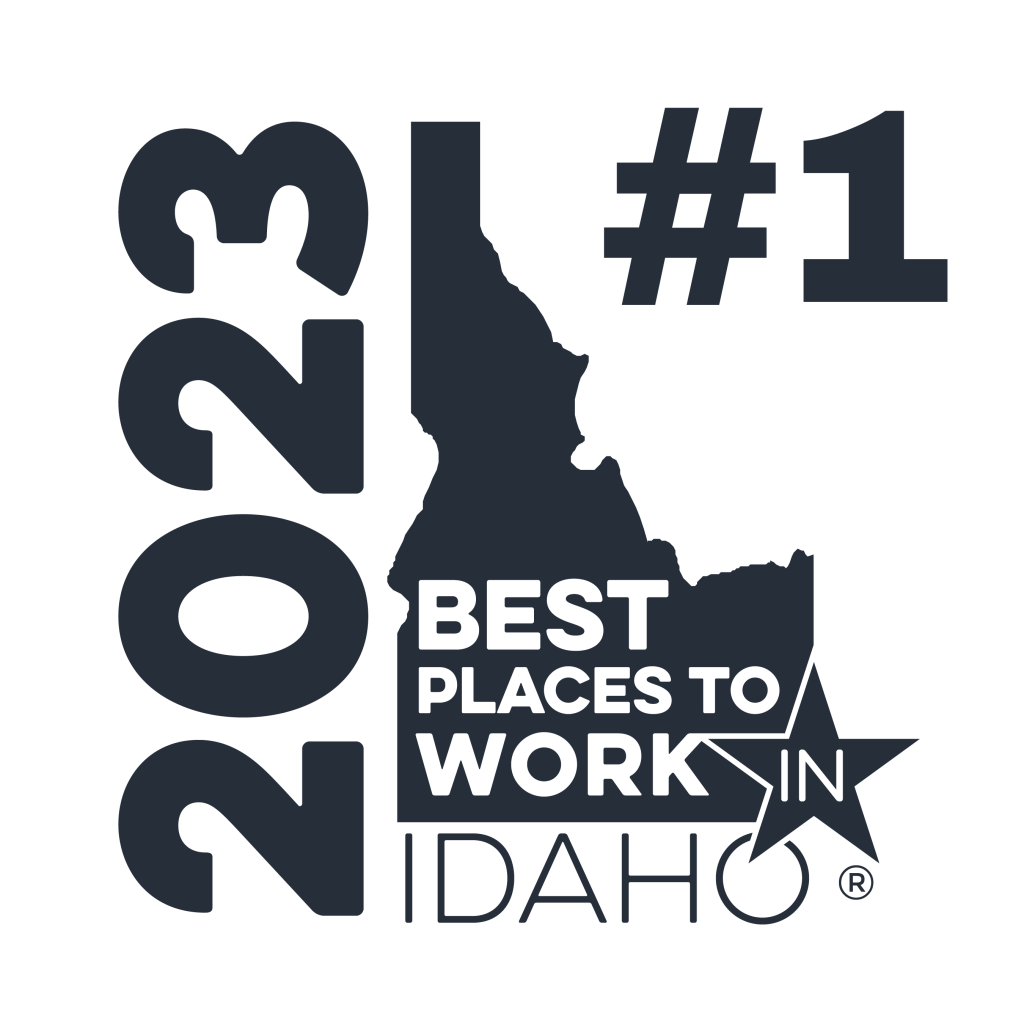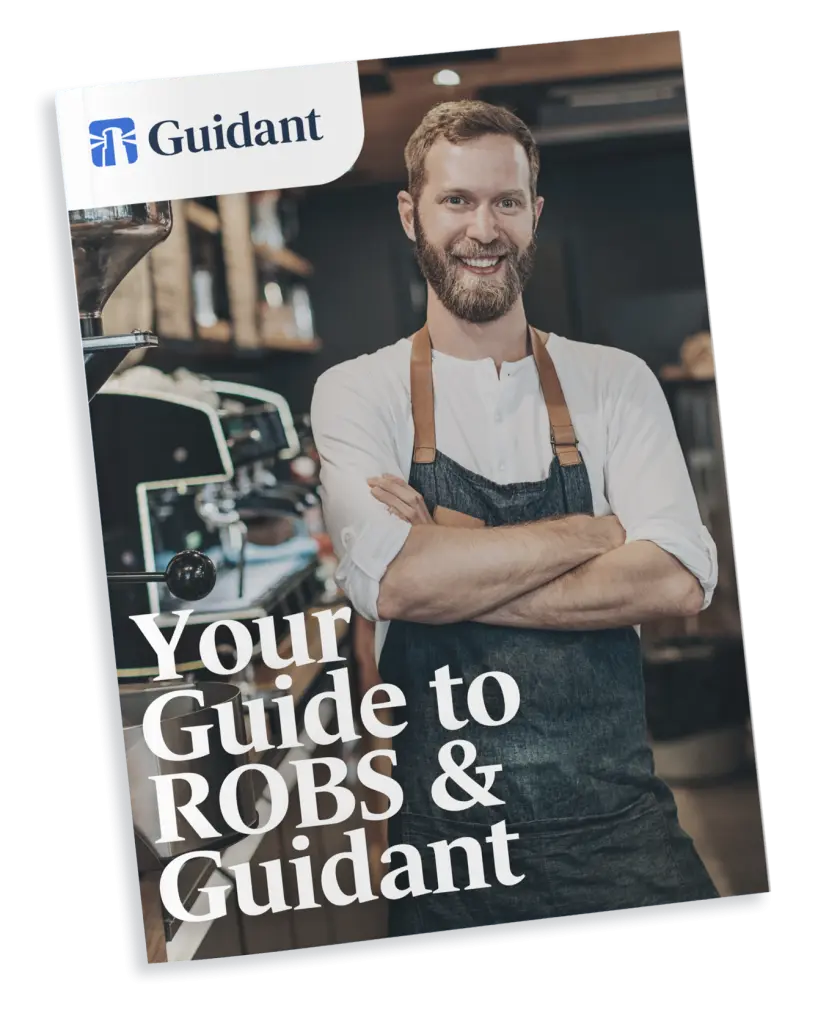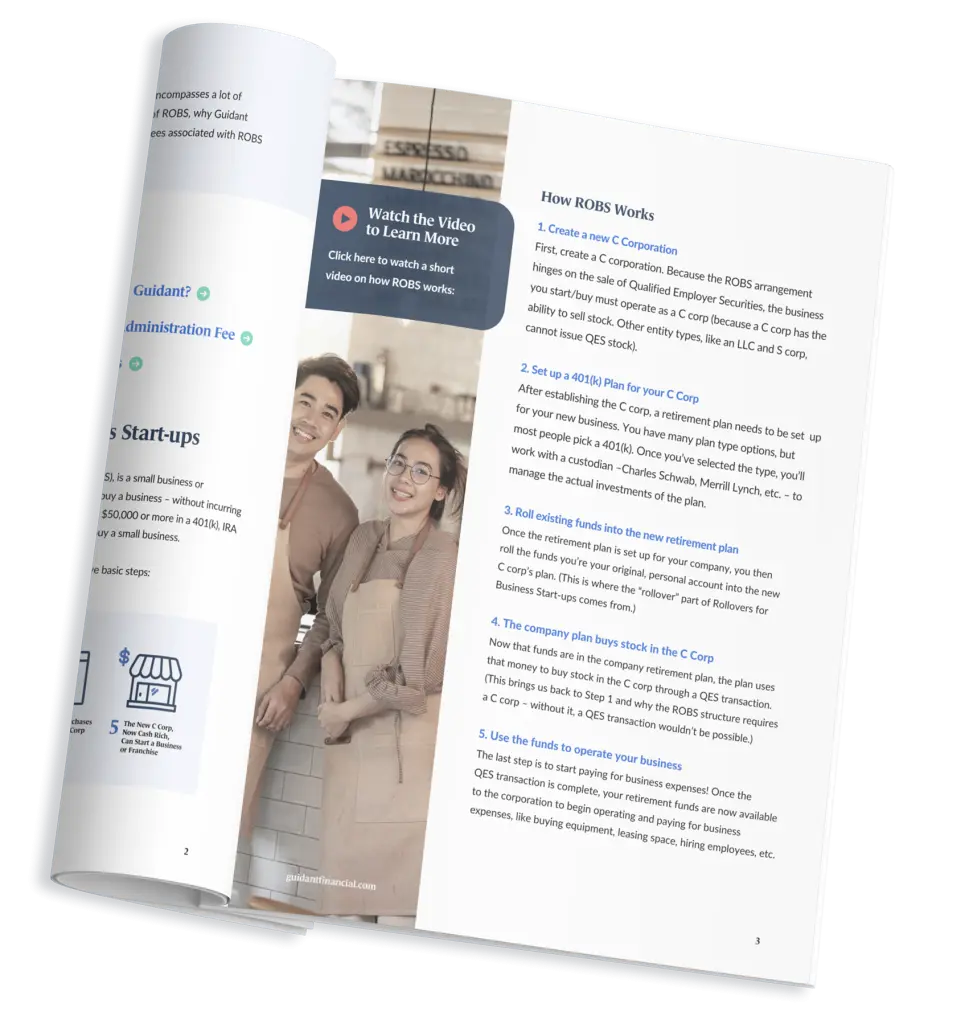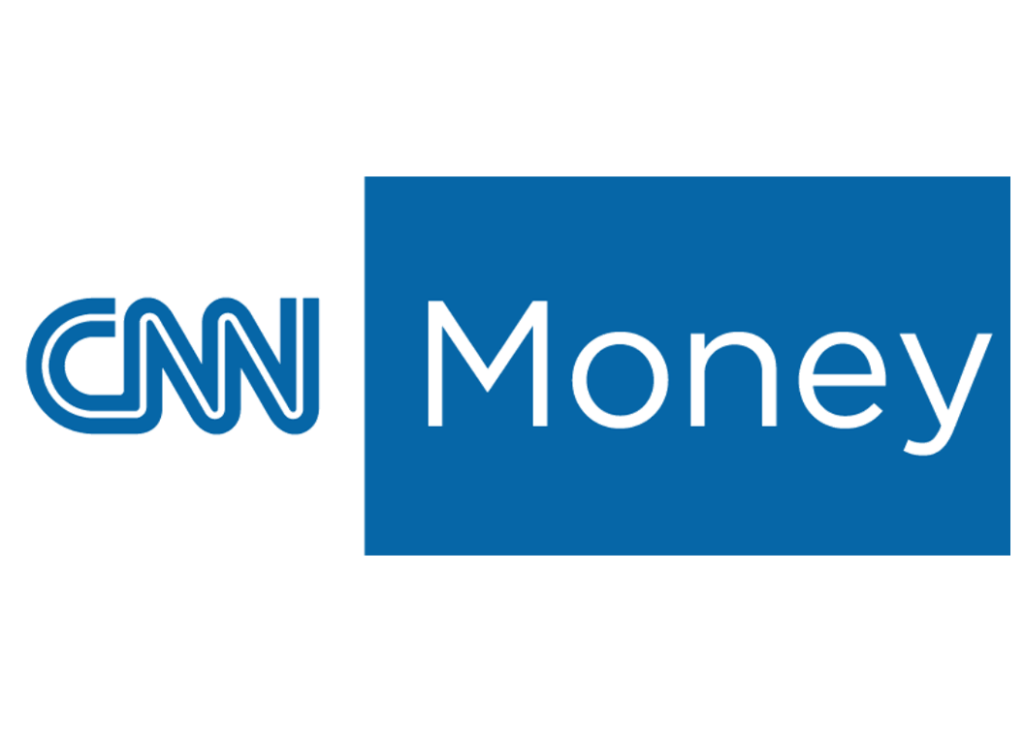Denise Braxton started her career as an Intensive Care Unit nurse and then went into the medical device industry. But when the company she worked for was being sold, she decided to take control of her career and bought her own business — a liquor store. Denise used a combination of 401(k) business financing and an SBA loan to purchase her business. For her, it was the perfect way to gain independence while investing in herself.
Hear more of Denise’s story, including what she enjoys most about being her own boss and what’s surprised her about independent business ownership.
https://guidantfinancial.wistia.com/medias/n64vdr55fm?embedType=async&seo=false&videoFoam=true&videoWidth=600
No time for a video? Here’s the transcript:
David: Hi this is David Nilssen with Guidant Financial. I am here today on a call with Denise Braxton from Braxton Beverages in Colorado. We are going to have a quick conversation about what is like to be an entrepreneur. People love to talk about the things that we do at Guidant in terms of financing small businesses but the reality is, that what we do is finance entrepreneurs.
We thought it would be great to have a quick and candid conversation with somebody who knows what it’s like to own and operate a business. So, Denise thanks for being on the call with me today.
Denise: Thank you for allowing me to share my experiences.
David: Well, let’s just jump straight in. I think maybe we can start at the very, very beginning and you could sort of walk us through how you came to the decision that you wanted to go into business for yourself?
Denise: Okay. Like a lot of people, I’ve always thought about owning my own business. This has been my 3rd career. I started out as an ICU nurse, and I then went into the medical device industry. Through that, I’ve actually moved quite a bit and lived in multiple different states. The last company that I worked for was being sold and I just decided I didn’t want to move anymore.
I had been looking for business to supplement retirement income and due to the sale of the business, I decided I’ll just step it up and this will become my income. It’s an opportunity for me, it’s another career and we’ll see how it goes. Now what was difficult for me was deciding what business I wanted to go into.
David: That actually would be the next logical question, you know that at the point that someone decides that “Hey I want to buy a business,” you know many people then go into that mode and then realize, wow this is really overwhelming. So, how did you what steps did you take and how did you ultimate come to the decision on the business that you chose?
Denise: Well I had to actually had to sit down and think about it and I thought about what I liked, what do I enjoy the most? I enjoy being around people, so I wanted something where I would actually interact with individuals on a regular basis, different types of people.
I knew I didn’t want a restaurant though, I knew I didn’t want to go into the food industry. I was also looking for something that was possibly as recession proof as possible. Because this was going to be my income and I wanted something that I could count on a regular basis. So, after some research I ended up with a liquor store.
David: So, you said recession proof, I can fill in the blanks there on why it would be recession proof. But how is a liquor store recession proof?
Denise: Well when you think about it, individuals who drink, they drink whether the times are good or whether times are bad. What they drink is what changes, not if they drink. That’s what I found when I do the research. Because even when we went through our most recent recession there was very little difference in the financials that I received related to the liquor industry. So, it made me feel very comfortable.
David: Fascinating, okay well so now that you’ve decided that you’re going to buy a liquor store. How do you go about determining which financing vehicles to use?
Denise: Well I ended up using my retirement income, something I felt comfortable with that I mean it was mine. I was looking for something to invest in and I thought I was a perfect vehicle to invest in myself. I wanted to make sure that once I did that what I did invest in was going to make money for me.
But I also looked at supplementing my, the money that I did have or did want to use, with a small business loan. So, I did go about getting an SBA loan as well as using money from my retirement.
David: Great, well you know it’s funny so many of our clients use Rollovers as Business Start-ups as a way to fund their investment in a small business. What you’re describing is something that we’ve seen happening more and more often.
Because interest rates are so low people that are using retirement assets as an equity injection but then getting an SBA loan to supplement that. So, not uncommon that we see that. You’ve gone through the process you’ve started this business, or I should say purchased this business, you take ownership day 1 and now what?
Denise: Well after I freak out a little bit … then I have to make it my own, I have to turn it into something that I’m comfortable with. So, when I first looked into the business, location was important to me, so, I was already comfortable with that. But the actual store itself and its operations, I had to turn into something that was more me than a previous owner’s.
So, I work in the business every day. I open and I’m there from 9:30 in the morning until probably mid-afternoon when I have other employees that come in. So, I meet with customers, I enjoy being with them and find out what their needs are. Actually I want to know what they like or don’t like about my store so that I can change that.
I want to make sure that they understand that this is a place that I want them to come to and that we are here to serve them. I’m very customer-service oriented. That’s very important for my employees to see and we have a lot of regular customers that come in, that they return and that makes me very happy because they are happy coming into the store.
David: Yeah, it’s funny I love wine and here in the Seattle area, next to my home, there is a wine shop. The gentlemen that owns it, when I walk in, he knows my name, he knows the types of wines I like and he always has something to show me. It’s actually become a game. I like to go in there to see what other things he has for me to consume. So it sounds like you’ve created a good atmosphere for your customers to want to come in, come back and buy often.
Denise: You know, it’s funny because like I said, we have returning customers and some of them laugh because when they walk in the door I already know they want. Like you’re saying with the wine store that you go to, we have customers that want to try new things and I want to be able to show them new things. So, we do bring things in, we’ll special order for people when they want it. So, we try to make it as customer friendly as possible.
David: That’s great. You know we always talk about the benefits of small business ownership. All the exciting things about being in control of your own destiny and building towards you own dreams. But the reality is that owning a business is really hard work, often underestimated upfront. So that we’re being balanced about the perspective we’re getting, maybe you could share a little bit about maybe the biggest surprise or the hardest parts about being a business owner?
Denise: Yeah I think the hardest part for me is the responsibility 24/7. So, the fact that a fire alarm can go off or the electricity goes out. Even though you have someone working there, they’re calling you because there is a problem, the computer system goes down. It is just the fact that it’s all encompassing. It is you and so there are a lot of days when you don’t get calls. But you do have to be aware and you do have to be accessible and be able to resolve those issues. Because there is nobody else that’s going to resolve them for you. I think that’s a lot different than what most of us are accustomed to.
David: Yeah, I think that’s fair. You know it’s funny. One of my favorite books is a book called Freak Factor by David Rendall, and it talks about your greatest strengths are also your biggest weakness or your biggest blessing is also sometimes you biggest threat.
Denise: Yes.
David: If we go into business, we say great I want all control and all responsibility, and what we end up getting is all control and all responsibility.
Denise: Exactly.
David: I can appreciate that. What about the opposite? That was the most surprising or the biggest challenge thus far; what about the most fulfilling and most exciting?
Denise: You know it’s my customers, I really love the customers that I have, I don’t think I could have picked a better location. It fits my personality. The people that come in, we chat about local things, whether it be sports or politics. It’s kind of like your local bar if you will. Where you come in and the bartender knows you or what have you.
I have the same kind of people that come in and they’ll spend 5 or 10 minutes and we’ll talk about the last Bronco game even though I’m a Steeler fan. We’ll talk about what’s going on in politics and comments about that. So, to me the interaction with people — it’s not just coming in and me having their favorite drink available or something new, it’s them being able to spend a few minutes and being able to decompress.
Sometimes we actually hear about the problems too. But it’s a comfort level. It makes you feel good that people feel comfortable enough to come in on a daily basis or even once a week and they don’t mind sharing.
David: These moments are some of my favorites as well, getting to hear what our customers are doing, once they’ve secured the capital they need. So, it’s exciting to hear that you’re doing great things, you’re enjoying the work that you’re doing and having an impact in your community. You know our mission at Guidant is to increase the number of people who succeed in small business.
So, maybe as a final thought if you could maybe share a piece of wisdom that you wish you had or you would give to someone if they were asking what piece of advice do you have for them if they are opening up a small business?
Denise: You know I think that most people look at going into business because they want to make a lot of money. They feel not only can they control their own destiny but I can make money, I can make a lot of money. The thing that is important is it has to be something you like because if you can’t put your passion into it, then it’s going to be the same as if you were working for someone. It will become a dredge, it will be a daily thing that you do.
It will be difficult for you to grow your business because you’re not passionate about what you’re doing.
David: Yeah it’s so funny. We spend more time at work with our teams and with our company than we often do at home. So, we better enjoy what we do and believe in that…
Denise: Exactly.
David: I think that is a perfect note to end this conference on again this is David Nilssen from Guidant Financial and we’re talking to Denise Braxton from Braxton’s Beverages out in Colorado. Denise, thanks again for being on the call today.
Denise: Thank you.

